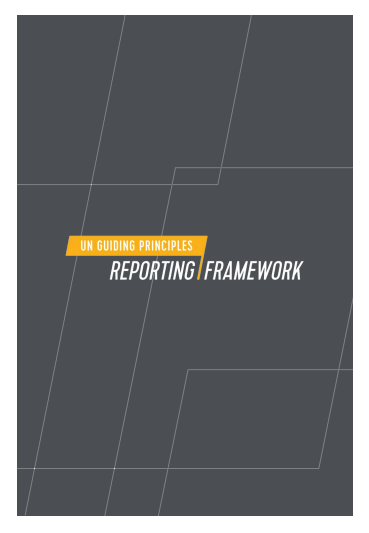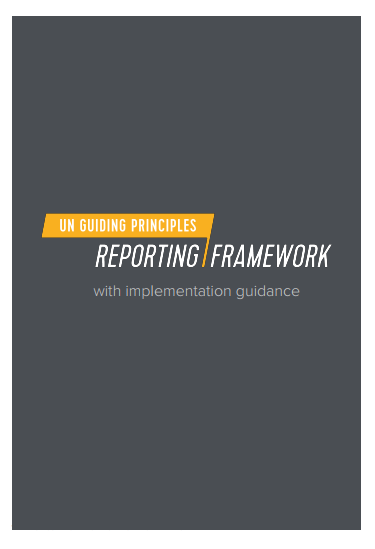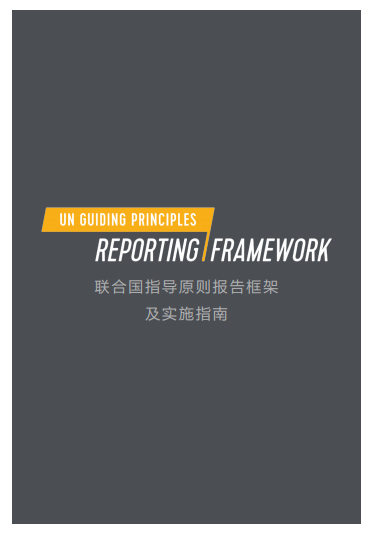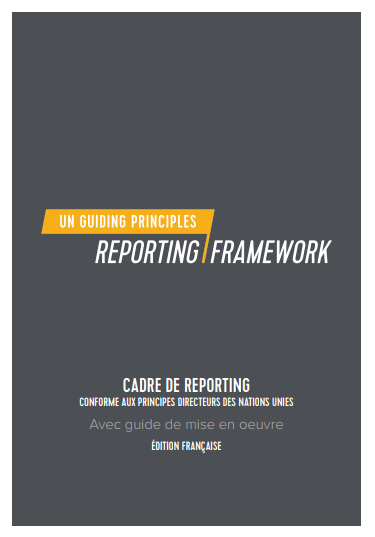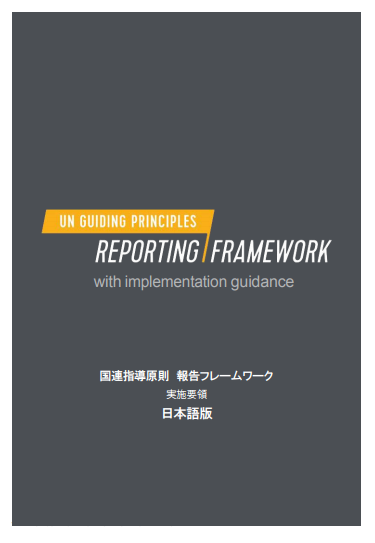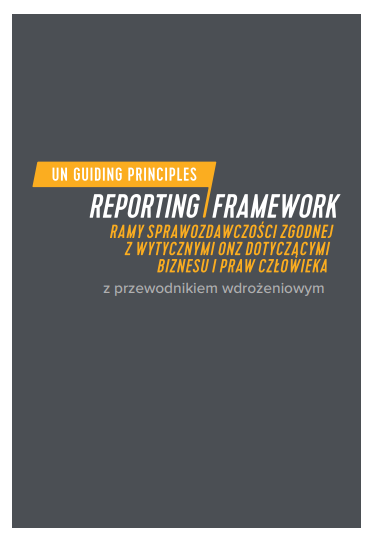UN Guiding Principles Reporting Framework
The UNGP Reporting Framework is a short series of smart questions to which any company should have answers, both to know whether it is doing business with respect for human rights, and to show others the progress it is making.
The Reporting Framework is supported by two kinds of guidance: implementation guidance for companies that are reporting, and assurance guidance for internal auditors and external assurance providers.
Structure of the UNGP Reporting Framework
The Reporting Framework is comprised of 31 ‘smart’ questions that enable companies to report meaningfully on their human rights performance, regardless of size or how far they have progressed in implementing their responsibility to respect human rights.
The Reporting Framework is divided into three parts:
Part A has two overarching questions, each with one or more supporting questions, which focus on the company’s commitment to and governance of human rights risk management.
Part B provides a filter point for the reporting company to narrow the range of human rights issues on which it will focus the remainder of its reporting under Part C. The focus is on those human rights issues that are salient within its activities and business relationships.
Part C has six overarching questions, each with one or more supporting questions, which focus on the effective management of each of the salient human rights issues on which the company is reporting.
The overarching questions in Parts A and C focus on general, relevant information about the company’s efforts to meet its responsibility to respect human rights. They are designed to enable responses from any company, including small companies and those at a relatively early stage in the process.

